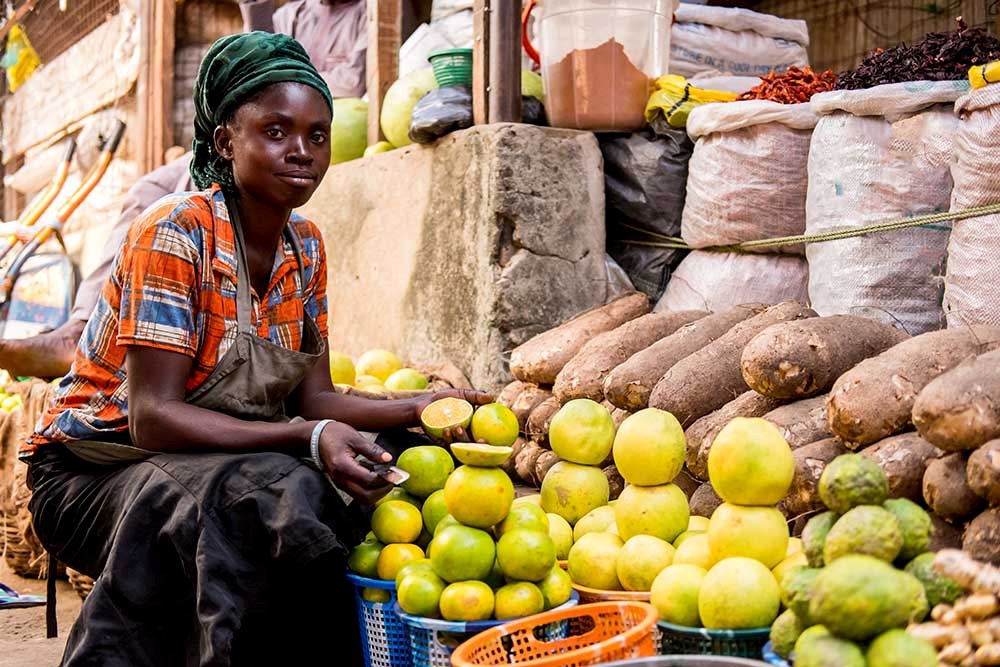Uganda tops globe in women-led businesses
 Nearly 40 pc of small businesses in Uganda are owned by women, but due to the Covid-19 pandemic many report a sharp reduction in earnings.
Nearly 40 pc of small businesses in Uganda are owned by women, but due to the Covid-19 pandemic many report a sharp reduction in earnings.
Uganda, Botswana and Ghana were ranked as the world’s three leading economies having the most women business owners (WBO) as a percentage of total business owners despite challenges around funding, support and attention, according to the 2020 Mastercard Index of Women Entrepreneurs (MIWE).
In Uganda 39.6 pc of businesses are owned by women; Botswana has 38.5 pc while Ghana reported 36.5 pc. On the other hand, it was reported that 61 pc of Ugandan women-led small businesses failed to generate income even as lockdown measures were eased in mid-2020.
The index provides evidence of how women business owners have reacted to a new world of work with renewed confidence and adaptability, tapping into new business opportunities or realigning their business models to cater to new consumer behavior and local or global needs.
Another highlight is a high regard for risk taking, innovativeness, individuality and creativity in entrepreneurship prevalent in Nigeria and Angola. Growing the contribution of women entrepreneurs is a positive sign, as almost half of female entrepreneurs (48.7 pc) around the world report being driven by a desire to contribute to the greater societal good.
Meanwhile, according to the inaugural Mastercard Middle East and Africa SME Confidence Index, 81 pc of the region’s women entrepreneurs have a digital presence for their businesses, compared to 68 pc of their male counterparts.
In terms of a digital footprint of the region’s women entrepreneurs, social media (71% pc leads the way, followed by a company website (57 pc). In the Middle East and North Africa, more women entrepreneurs had a website (71 pc) than a social media presence (55 pc).
These findings are aligned with Mastercard’s global commitment to connect 25 million women entrepreneurs to the digital economy by 2025, as part of its goal to build a more sustainable and inclusive world.
Amnah Ajmal, Executive Vice President, Market Development, Middle East and Africa, Mastercard said, “The Mastercard MEA SME Confidence Index revealed that over 80 pc of women entrepreneurs have digital readiness for their business compared to their male counterparts but yet so few have access to funding for their business growth. Globally, women-owned businesses are well represented in the entrepreneurship space, yet it is estimated that they only access between two percent and 10 pc of commercial bank finance. This reflects the huge potential SME women entrepreneurs have when we accelerate their access to financial and digital tools which will enable greater gender parity in the business ecosystem.”
Confidence levels around digital transactions are high with 30 pc of women entrepreneurs in MEA experiencing no challenges in accepting more payments digitally versus cash payments– especially mobile payments (62%), online payments (57 pc) and card payments (45 pc).
In Southern Africa this confidence is further elevated with two-thirds (67 pc) seeing no challenges to accepting more payments digitally.
Growing confidence levels in digital as a business imperative, is tied to a deeper understanding and wider recognition among SMEs of the advantages that result from a growing digital economy. When asked about the biggest benefits of a cash-free economy to their businesses, women entrepreneurs highlighted the increased efficiency of transactions across multiple channels (60 pc) and the ease of not handling or processing cash (60 pc).
They also appreciated having a more convenient way of paying suppliers and employees (59 pc), faster access to revenues (55 pc), less potential for fraud (53 pc) and access to new business growth opportunities (50 pc).

 African Heads of state head to South Korea next week for Summit talks
African Heads of state head to South Korea next week for Summit talks
 Trading leads as main source of income for Ugandans
Trading leads as main source of income for Ugandans
 New leadership for bankers’ umbrella as total assets top $12 billion
New leadership for bankers’ umbrella as total assets top $12 billion
 Brussels Airlines to announce Nairobi service
Brussels Airlines to announce Nairobi service
 SITA promises enhanced travel experience after Materna acquisition
SITA promises enhanced travel experience after Materna acquisition
 Saudia’s 105 aircraft order stretches A320neo lead over rival Max
Saudia’s 105 aircraft order stretches A320neo lead over rival Max
